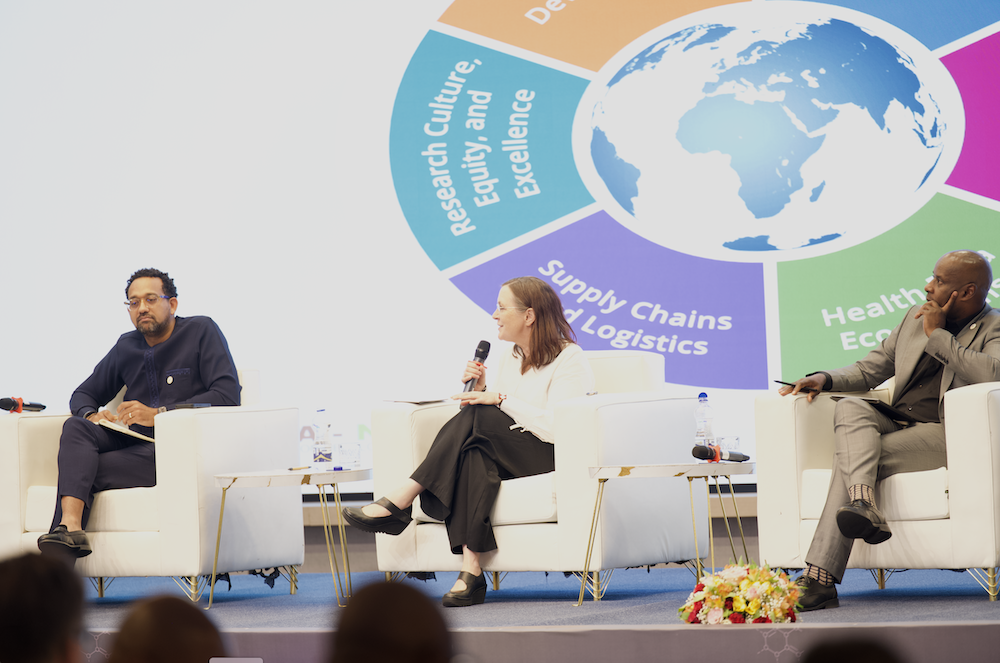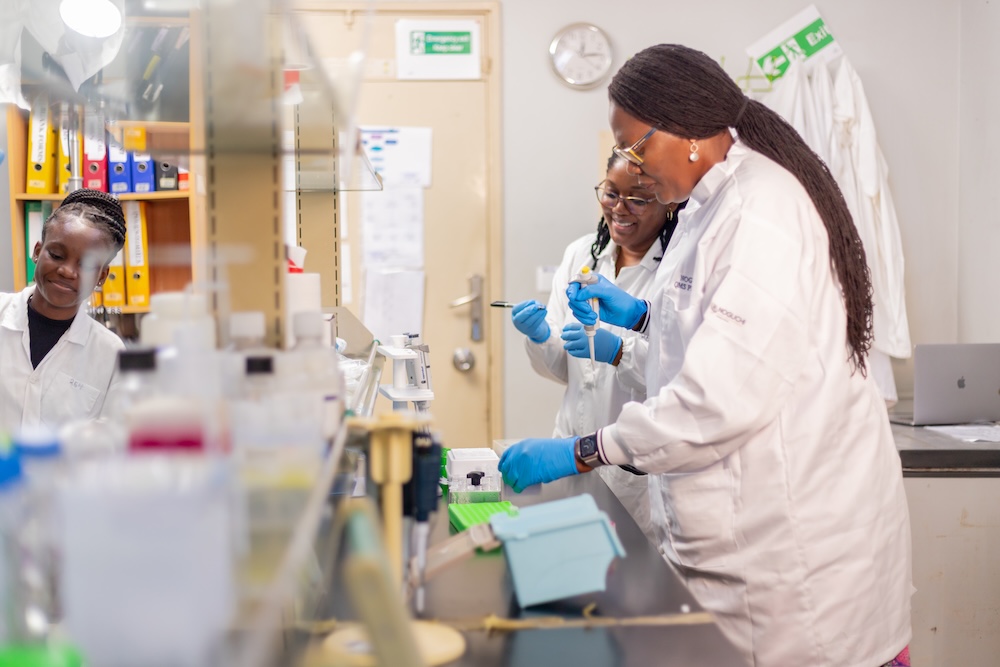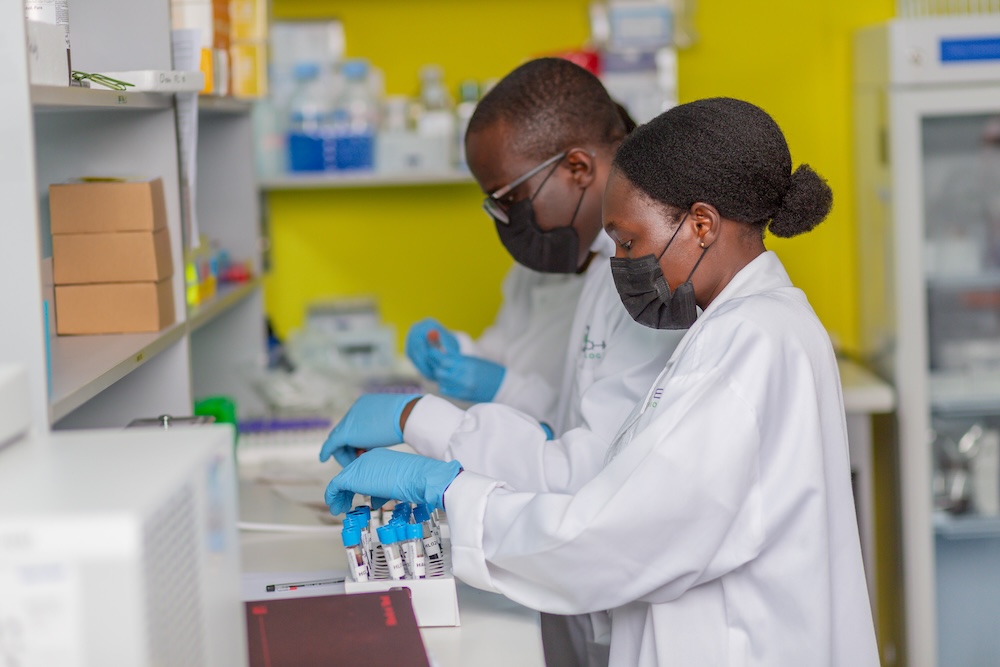
Media Centre
A one health approach to vaccine and climate research
Thursday, December 14, 2023

More than half of all infectious diseases that affect humans are aggravated by climate change, with low- and middle-income countries (LMICs) bearing a ten-times-higher burden of infectious diseases than their affluent counterparts1,2. Despite contributing little to its causes, LMICs are disproportionately vulnerable to the consequences of climate change, as they are situated in the world’s warmest regions, are heavily reliant on natural resources, and have limited capacity to handle climate extremes.
Rising temperatures and extreme weather events disrupt vaccine distribution, weaken health systems, and displace populations, increasing the susceptibility of vulnerable communities to infectious diseases and outbreaks. Moreover, in countries facing conflict and humanitarian crises, vaccination rates across both humans and livestock are often alarmingly low. The urgent need to safeguard and amplify the potential of vaccines to counteract the influence of climate change on infectious diseases is a necessary response.
In a correspondence, published in Nature Microbiology and co-authored by the SFA Foundation, Gavi, The Vaccine Alliance, the University of Witwatersrand in South Africa, and the Centre Suisse de Recherches Scientifiques in Côte d'Ivoire, the authors have identified five key global priorities for enhancing vaccines as a tool for climate resilience.
Bridging vaccines and climate research and development
The paper, which was published to coincide with the 28th United Nations Conference of the Parties (COP28), has outlined the following as priorities:
-
Adoption of a transdisciplinary ‘One Health vaccinology’ approach: that leverages scientific synergies between the human and veterinary sectors to address shared climate-related infectious disease threats, with the added benefit of resource efficiency10.
-
Continued innovation in vaccine technology and delivery is vital for climate resilience: This includes technologies that limit reliance on cold chains, such as thermo-stable formulations that are heat- and freeze-stable and microarray patches that are thermo-stable and that do not involve needles
-
Implementation research with communities directly impacted by climate change is essential to guide vaccine introduction and scale-up, especially among marginalized populations. Implementation science offers an effective means to address barriers and bottlenecks that affect vaccination programmes.
-
Fostering homegrown solutions and intellectual capital: The Science for Africa Foundation, the Afrique One consortium, the Grand Challenges, and the International Veterinary Vaccinology Network are examples of pioneering efforts that are creating platforms and networks of excellence across climate, One Health and vaccinology where research careers can flourish in LMICs.
-
Bridging the knowledge gap on how climate change will impact the burden of infectious diseases and strengthen the evidence base from underrepresented LMICs: While we know that climate change will exacerbate infectious diseases, there is a critical gap in our understanding of the extent, direction, and intensity of this impact5.
A notable gap seen with the new climate indicator has been the lack of essential integrated climate and infectious disease data. To address this, we need strengthened infectious disease surveillance across both the human and animal sectors, integrated with climate-sensitive forecasting systems in LMICs. These systems are vital for early detection and the planning of infection control and vaccination responses to climate-related infectious disease outbreaks. 
A vaccine cannot deliver on its potential unless it reaches those who need it when they need it. To strengthen climate-responsive vaccine delivery, the entire supply chain from manufacturing to distribution must demonstrate adaptability and resilience to climate disruptions.
The Health Day at COP 28, dedicated to highlighting the impact of climate change on health and advancing the climate–health agenda, is a pivotal opportunity to catalyse vaccinology action as part of the climate change and global health agenda.
About
This press release is an excerpt from a paper that was published by Nature on November 29, 2023. Read the full article here https://www.nature.com/articles/s41564-023-01537-1.
Authors: Nidhee Jadeja, Judy Omumbo, Ibidun Adelekan, Helen Rees, Bassirou Bonfoh, Thomas Kariuki & Marta Tufet Bayona



